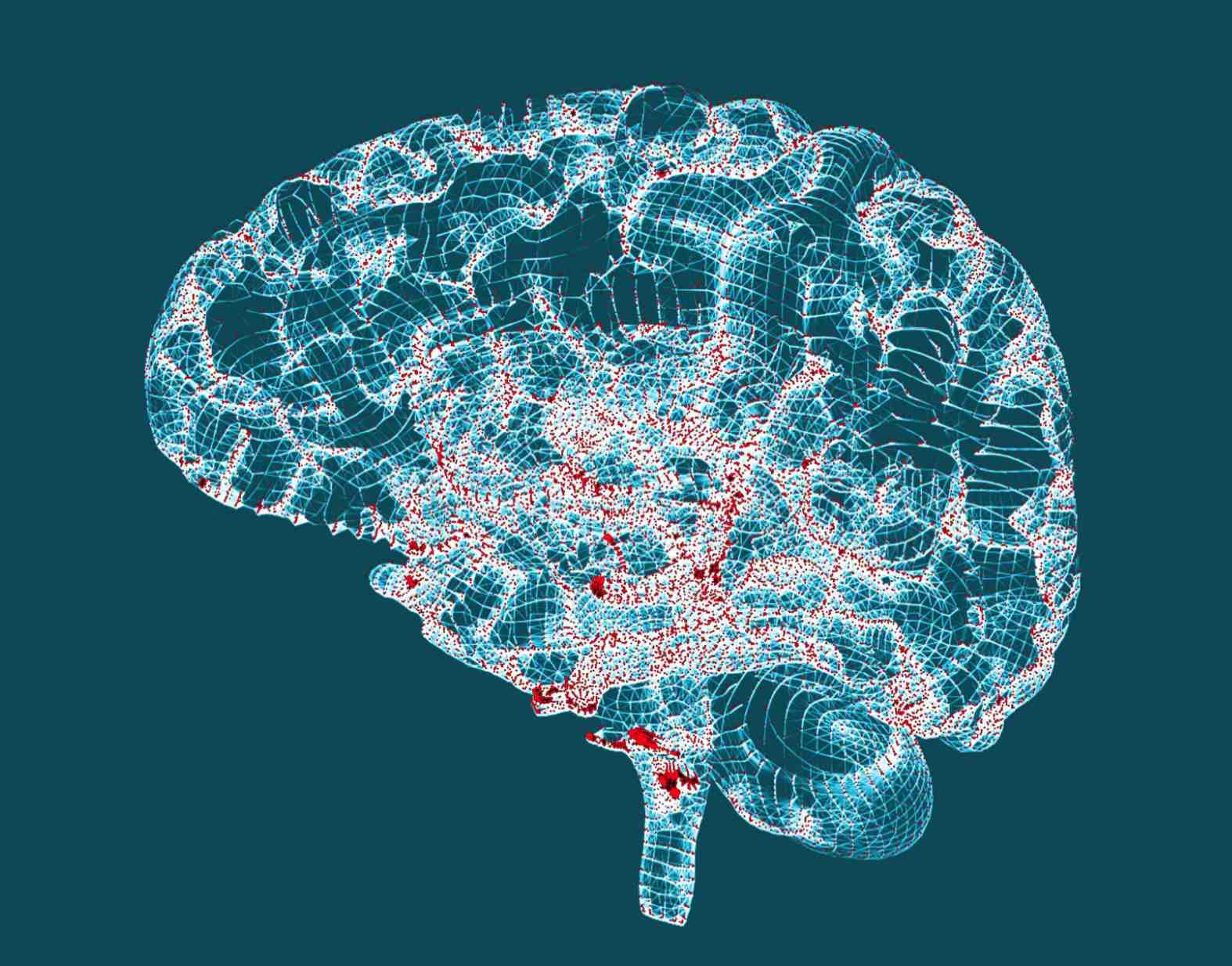
A world-first trial has been launched in the UK that could see stem cell transplants offered as a first-line treatment to patients with aggressive forms of multiple sclerosis (MS).
The £2.3m StarMS study will be the first to compare the efficacy of autologous haematopoietic stem cell transplantation (AHSCT) with four other drug treatments demonstrating positive results in clinical trials: alemtuzumab, ocrelizumab, ofatumumab and cladribine.
AHSCT is an intensive treatment which essentially rebuilds a patient’s immune system using stem cells harvested from their own blood and bone marrow to reset it to a point before it caused MS.
Led by Sheffield Teaching Hospitals NHS Foundation Trust in partnership with the University of Sheffield’s Clinical Trials Unit, the trial will run across 19 UK sites, randomly allocating each participant to receive a stem cell transplant or one of the disease modifying therapies.
The trial will build on the results of the MIST trial, published in 2018, which was the first in the world to show that stem cell transplantation could reverse disability in patients with MS.
AHSCT was also shown in the trial to work better than the disease-modifying drugs available at the time in reducing the risk of disability accumulation in patients with the highly active form of the disease.
The new StarMS trial, which is being funded through a National Institute for Health and Care Research and Medical Research Council partnership, will bring this research up to date and compare the effectiveness and safety of AHSCT against the four other drug treatments.
MS is a disabling, unpredictable disease in which the immune system attacks the protective myelin sheath that covers the nerves and disrupts communication between the brain and the rest of the body. The disease affects approximately 100,000 people in the UK, and 2.3 million globally.
Professor John Snowden, chief investigator and consultant haematologist at Sheffield Teaching Hospitals NHS Foundation Trust, said: “AHSCT has been shown to be highly effective in stabilising, and even reversing disability, in certain patients with MS. But the treatment landscape in this condition has shifted since the original MIST trial.
“The trial will measure how good and safe AHSCT is when compared head-to-head with the latest leading treatments for multiple sclerosis. In this way, we hope to determine the exact place of AHSCT in the modern treatment pathways for patients with severe MS.”




